Plumbing systems aren’t rudimentary anymore. It used to be that a home’s plumbing system was just a hodgepodge of pipes, water, and connectors, and plumbers had to do some seriously heavy lifting to protect a home from leaks or damage. Now, there are tools that exist for homeowners to keep things running securely without the help of a plumber.
Well, to be specific, you’ll still need a plumber in West Orange, NJ to help install some of these tools. But the good news is that they can protect your home even when you’re not there. An automatic shut off valve is one such way your home’s plumbing system can be protected from leaks and other issues. It uses pressure and some pretty nifty technology to monitor the flow of your water so that your plumbing system always runs the way it should. If it doesn’t, it shuts the whole thing down and waits for you to address it with a professional plumber.

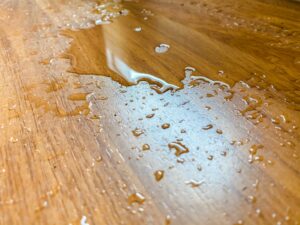
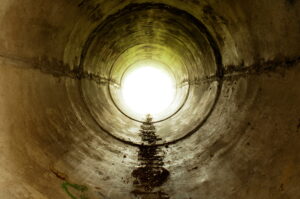 Outside faucets are super handy. They’re necessary for gardening projects, and with the temperatures warming up in our area, you don’t want to run inside every time your plants require water. They’re fun for the family, with the help of sprinklers and pools to escape the summer heat. Overall, no home is complete without the addition of an outside faucet for easy access to water.
Outside faucets are super handy. They’re necessary for gardening projects, and with the temperatures warming up in our area, you don’t want to run inside every time your plants require water. They’re fun for the family, with the help of sprinklers and pools to escape the summer heat. Overall, no home is complete without the addition of an outside faucet for easy access to water. Some people have a misconception that plumbing systems either “work” or they “don’t work.” While it might seem that simple from where you’re standing when you only see the bathroom or kitchen aspect of a plumbing system, it’s more complicated than that. When you look at how things work underneath the drains and appliances, there are many different levels of plumbing operation.
Some people have a misconception that plumbing systems either “work” or they “don’t work.” While it might seem that simple from where you’re standing when you only see the bathroom or kitchen aspect of a plumbing system, it’s more complicated than that. When you look at how things work underneath the drains and appliances, there are many different levels of plumbing operation. We don’t mean to butt heads with “your guy.” Perhaps your previous plumber was a friend of yours, or maybe a family friend that has lived in the neighborhood for a long time. That’s great, and as members of this community too, we’re always happy when homeowners make those kinds of connections. However, when it comes to addressing your plumbing problems, any errors translate to money that goes streaming from your wallet.
We don’t mean to butt heads with “your guy.” Perhaps your previous plumber was a friend of yours, or maybe a family friend that has lived in the neighborhood for a long time. That’s great, and as members of this community too, we’re always happy when homeowners make those kinds of connections. However, when it comes to addressing your plumbing problems, any errors translate to money that goes streaming from your wallet.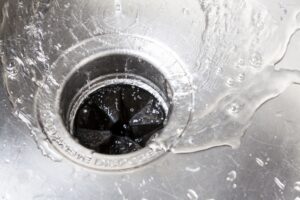 We get it, this is your last straw. You’ve been plunging your toilet, snaking your slow drains, and now nothing seems to be permanently getting better. What gives? Nobody else you know deals with nearly this much difficulty in their plumbing system.
We get it, this is your last straw. You’ve been plunging your toilet, snaking your slow drains, and now nothing seems to be permanently getting better. What gives? Nobody else you know deals with nearly this much difficulty in their plumbing system.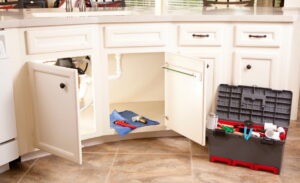 What do you know about chemical drain cleaners? Many homeowners would respond to that question with, “well, I’m not sure but they clean my drains.” How do you know they clean your drains? After all the fumes have settled, the gunk is clear from your sink, and a day has passed, does your drain really feel permanently better?
What do you know about chemical drain cleaners? Many homeowners would respond to that question with, “well, I’m not sure but they clean my drains.” How do you know they clean your drains? After all the fumes have settled, the gunk is clear from your sink, and a day has passed, does your drain really feel permanently better?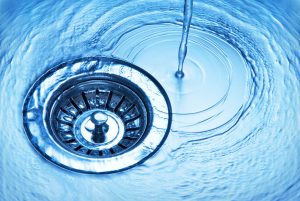 Your kitchen plumbing can only handle so much. When preparing a large meal for your whole family, it can be stressful having a drain begin to clog. All that cooking and cleaning made you forget that your plumbing is in rough shape! While we can provide plumbing help, we’d also like to impart some knowledge on preventing drain clogs from occurring in your kitchen.
Your kitchen plumbing can only handle so much. When preparing a large meal for your whole family, it can be stressful having a drain begin to clog. All that cooking and cleaning made you forget that your plumbing is in rough shape! While we can provide plumbing help, we’d also like to impart some knowledge on preventing drain clogs from occurring in your kitchen.
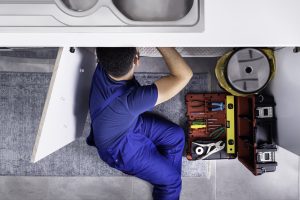 Cleaning your drain when it’s starting to get clogged can be a rough experience. Nobody wants to come home from a long day of work, especially if it’s a bad day, and roll up their sleeves to get their hands dirty unclogging a drain. It’s an obnoxious process, and unless you’re a plumber, it can involve a lot of online searches and disheartening experiences.
Cleaning your drain when it’s starting to get clogged can be a rough experience. Nobody wants to come home from a long day of work, especially if it’s a bad day, and roll up their sleeves to get their hands dirty unclogging a drain. It’s an obnoxious process, and unless you’re a plumber, it can involve a lot of online searches and disheartening experiences.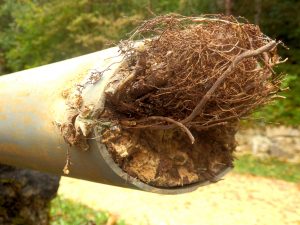 Contrary to what the title might make you believe, this is not a children’s book. This is a blog post with the hope of informing you about the possible problems that could be causing your slow drains. There are some big differences between different types of slow drains, and it’s pretty important not to misdiagnose the problem with your plumbing.
Contrary to what the title might make you believe, this is not a children’s book. This is a blog post with the hope of informing you about the possible problems that could be causing your slow drains. There are some big differences between different types of slow drains, and it’s pretty important not to misdiagnose the problem with your plumbing.